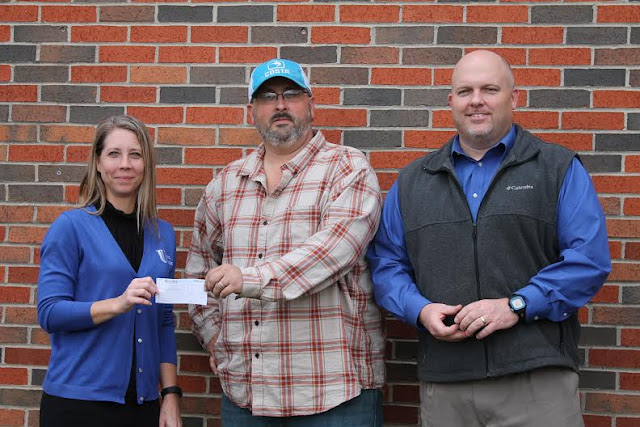![]() |
| Pictured from left are (first row) Mary Cate Clatworthy, Leslie Beard, Ashley Lawrence; (second row) Jimmy ‘Tyler’ Harrison and Gauge Adkins. |
MONTICELLO, AR — Four political science students at the University of Arkansas at Monticello participated in the annual conference of the Southern Political Science Association held in San Juan, Puerto Rico January 6-9.
The conference brought together professors and students specializing in the social sciences from around the world. The institutions represented ranged from small universities in Puerto Rico to large American institutions, including Harvard and Princeton. A featured speaker was Professor Theda Skocpol, a nationally renowned political science professor and author from Harvard.
Gauge Adkins of Vilonia, Leslie Beard of Monticello, Jimmy ‘Tyler’ Harrison of Star City and Ashley Lawrence of Warren comprised the four-person UAM delegation. Each student gave a 15-minute presentation of their individual original political science research papers within the context of a series of student panels.
Harrison, a senior political science and history double major, Beard, a senior psychology and political science double major, and Adkins, a sophomore political science and criminal justice double major, presented papers assessing the emergence of alternative concepts of how the American political system should operate and how these concepts have changed the current political landscape in America.
Harrison’s paper, entitled: “All Tea, All Shade: How the Tea Party Influences the American Political Process,” considered the rise of the Tea Party in American politics, its impact on the practices and policies of the mainstream Republican Party and whether or not it has had a polarizing effect among political elite in Washington D.C.
Beard’s paper, entitled: “Who’s really in Control at the Top: A Comparative Examination of Oligarchical Tendencies in Russia and the United States,” critiqued the existing power structure among American political elites to assess which candidates running for president in 2016 possess the most effective leadership traits and skills for the office. Adkins’ paper, entitled: “Is Socialism Really Evil: Examining the Balancing Potential of Socialized Health and Education Programs,” assessed education and health care policies in Europe to determine where and if they might be beneficially adopted in the United States.
Ashley Lawrence, a recent political science and criminal justice graduate, presented a paper exploring innovative tools and strategies to help those in poverty succeed. Her paper, entitled: “It Takes a Village: Community Sustainability and the Effects of Hidden Rules,” comparatively analyzed survey data compiled by the author against the theories of such prominent writers as John Rawls and Michel Foucault to better assess the barriers to success faced by those in poverty in order to formulate strategies to improve community services provided to those seeking long-term education and employment.
Each of these papers were researched and written under the direction and mentorship of UAM faculty members Dr. Carol Strong, associate professor of political science, and Dr. John Davis, assistant professor of political science.
Funding was provided by Centennial Opportunity Fund, the School of Social and Behavioral Sciences, and the Council for Undergraduate Research, a national organization promoting the engagement of undergraduates in original research projects and professional presentations.
“This has been a wonderful learning experience for our students both academically and culturally,” noted Dr. Rick Clubb, dean of the School of Social and Behavioral Sciences. “They had the opportunity to once again demonstrate the quality and depth of their scholarly work. In addition, the life experience gained by visiting the unique culture of Puerto Rico cannot be understated. I want to thank the students for their hard work and impressive presentations. I further wish to commend Dr. Strong on her mentoring of these students and providing guidance during these experiences. I also want to note that the funding from the Centennial Opportunity Fund was instrumental in making this trip possible. I am most grateful that there are funds to allow students to present their work and to gain this valuable experience.”














